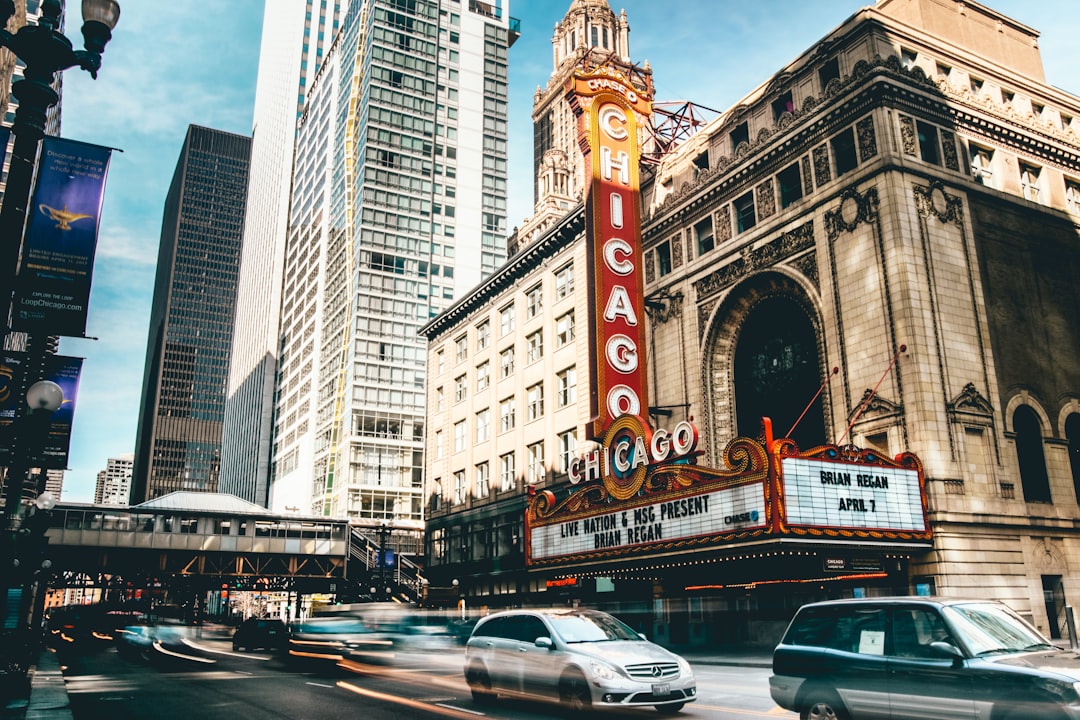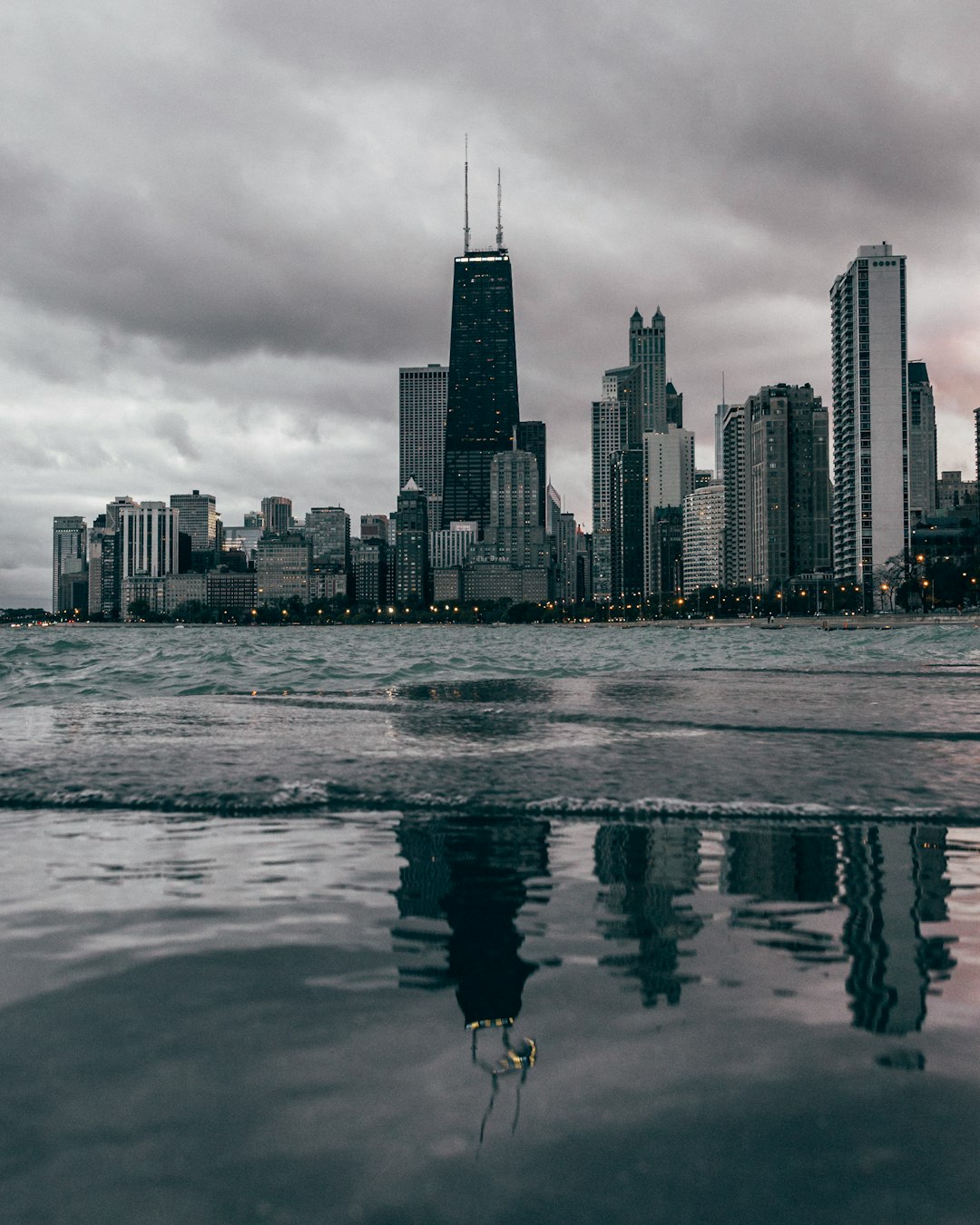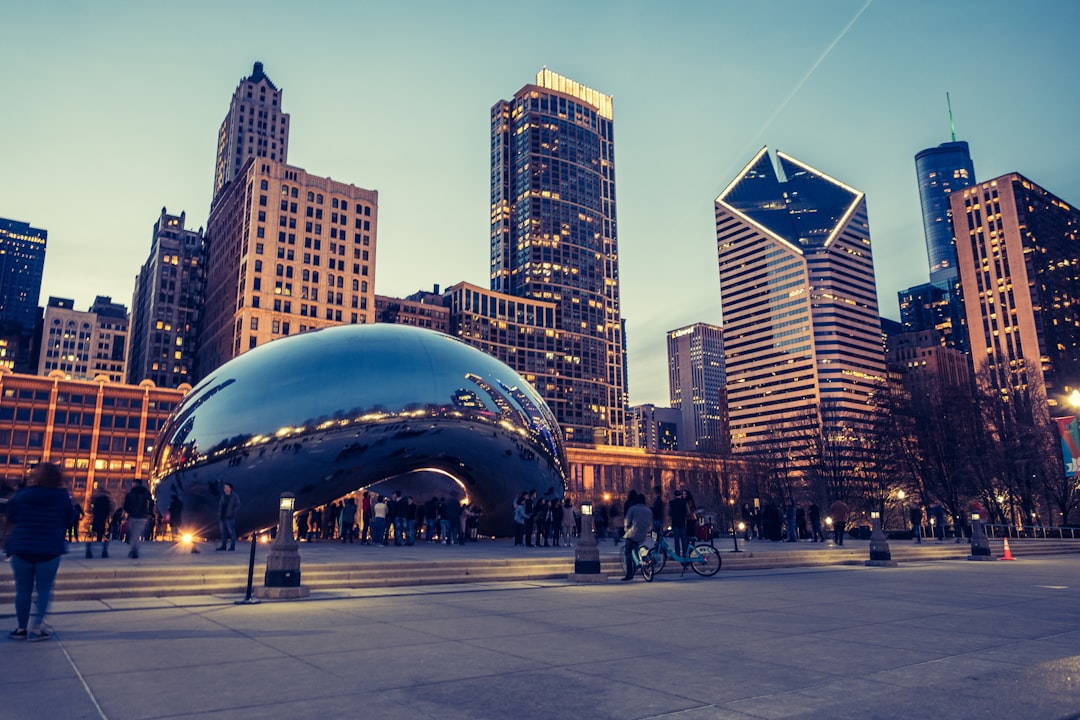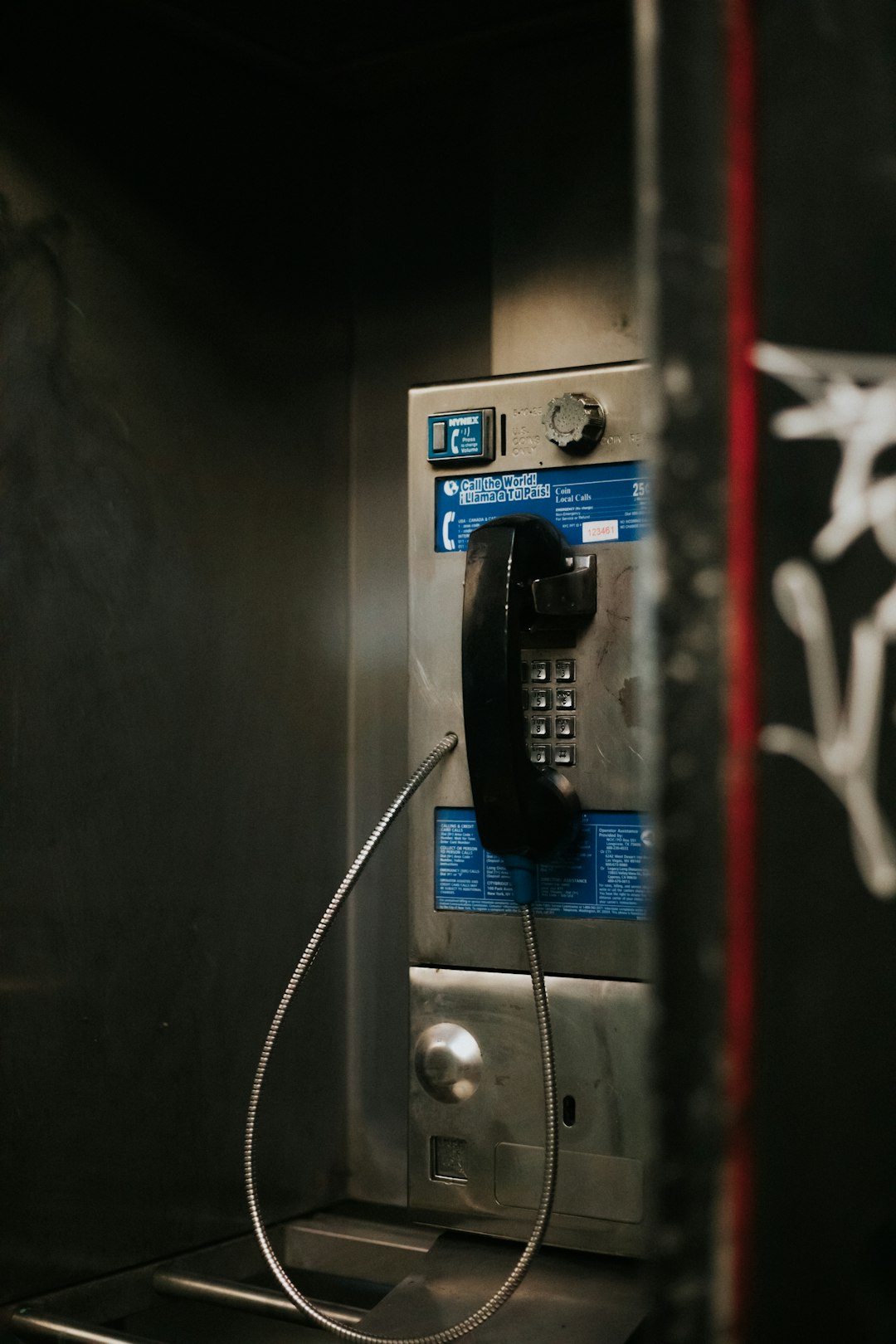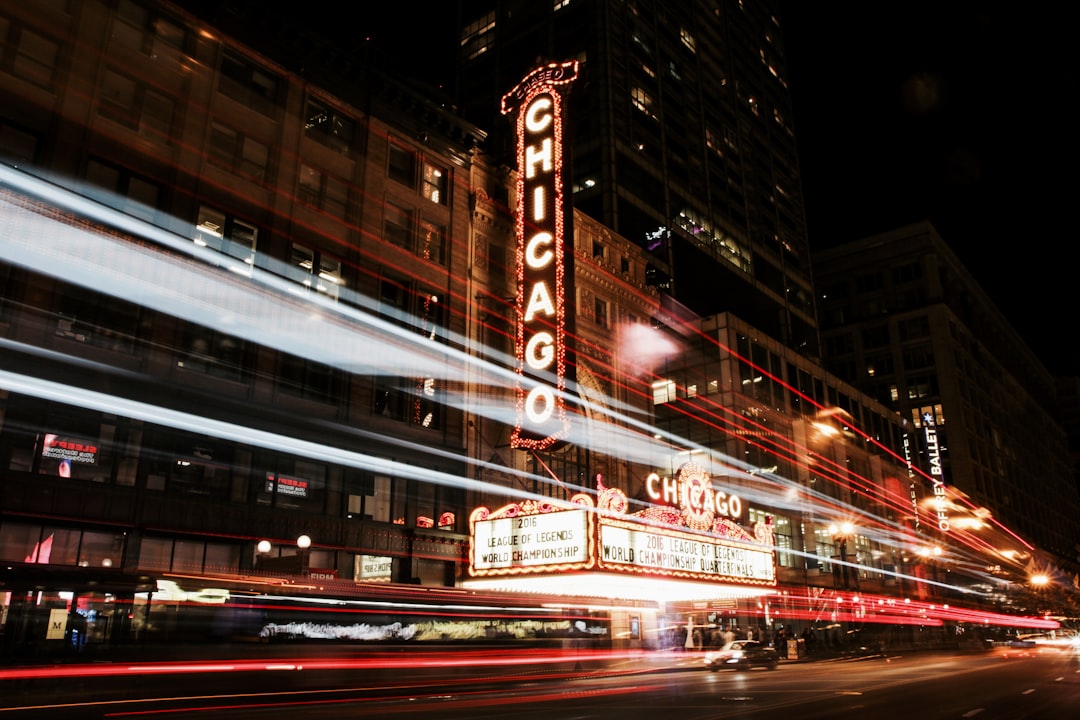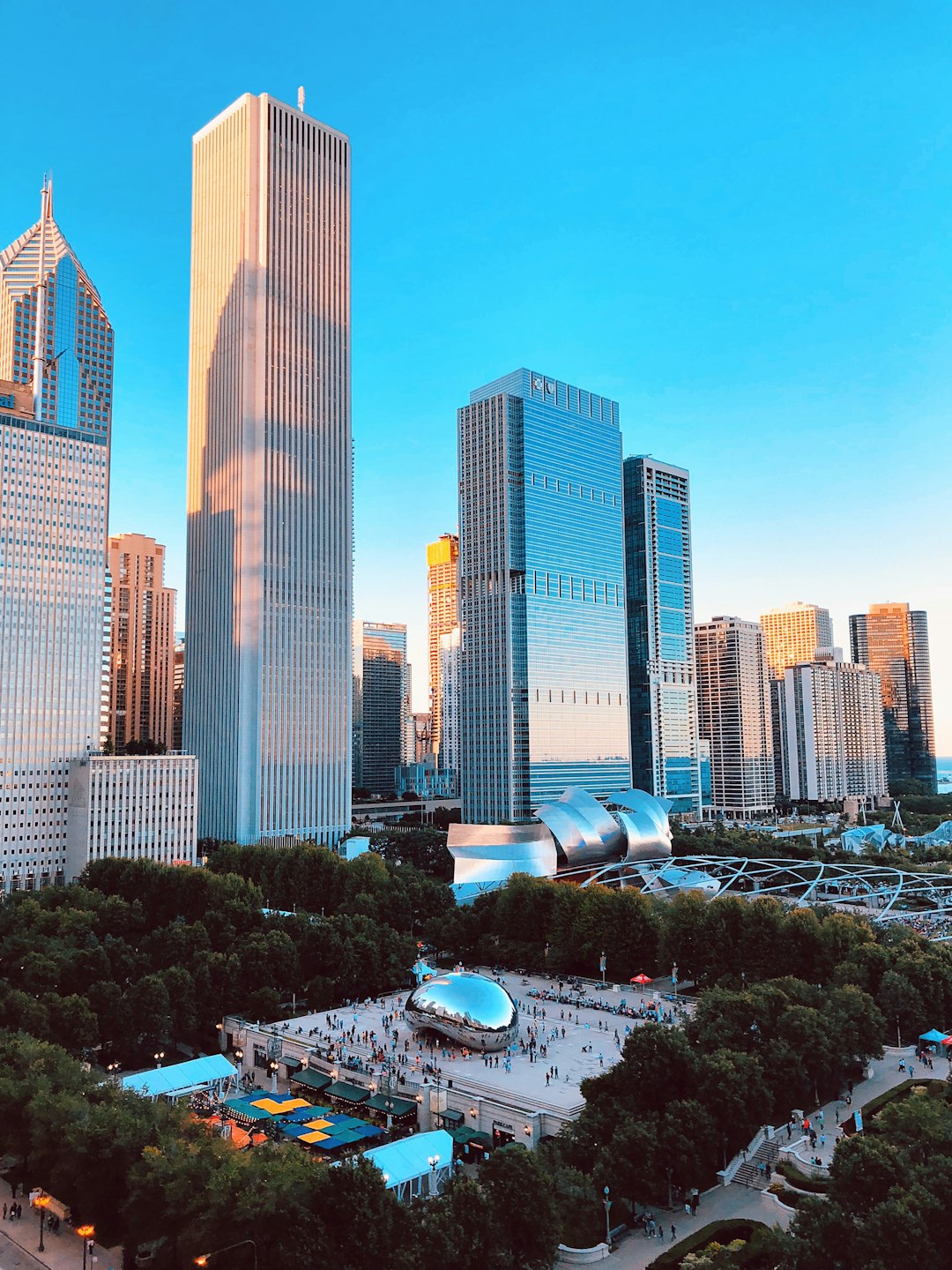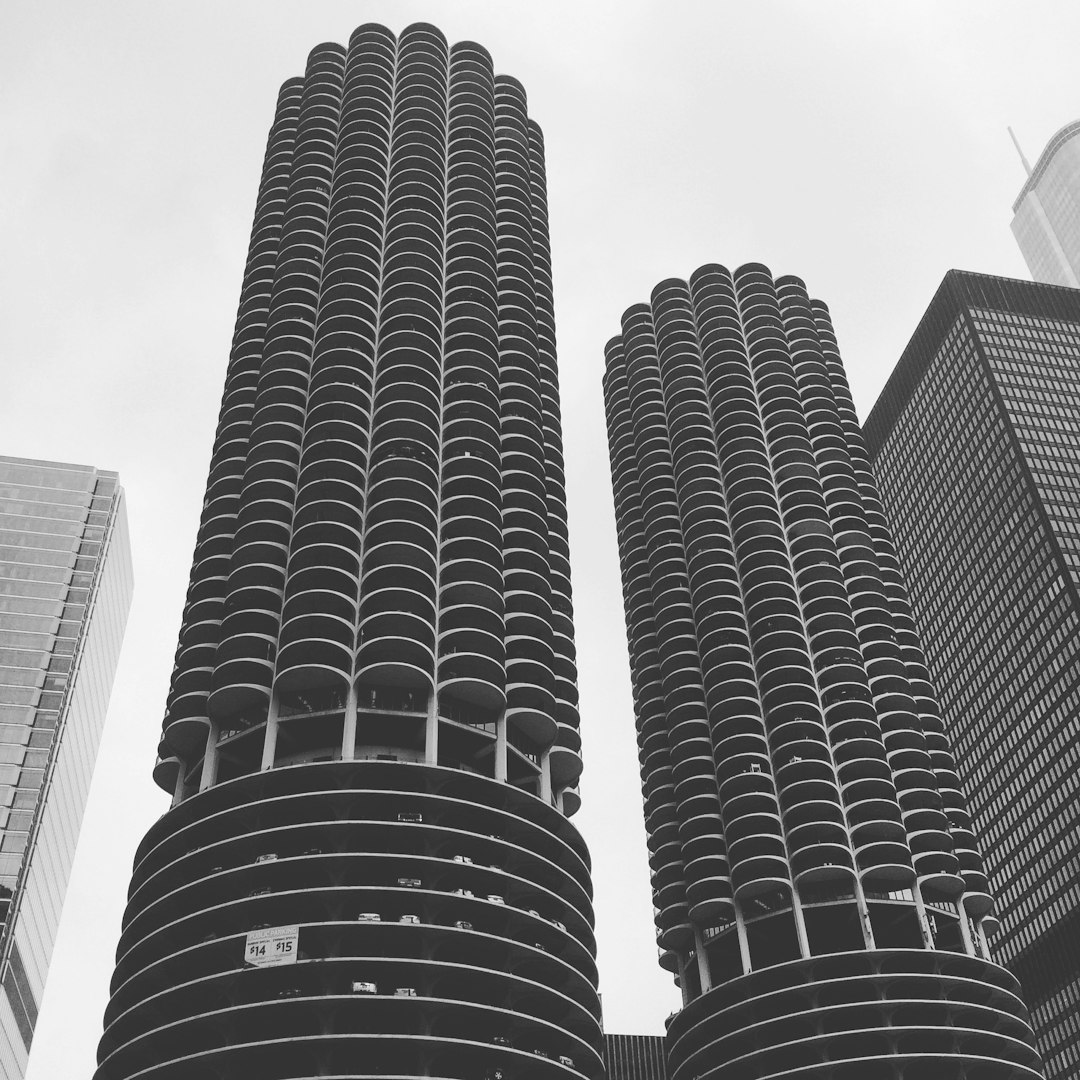Chicago's diverse communities face a surge in telemarketing, affecting 2.7 million residents, with vulnerable populations like seniors and low-income households targeted by high-pressure tactics despite 'Do Not Call' laws. Language barriers, cultural differences, and a fast-paced environment complicate matters, leading to financial strain, marginalization, and stress from unwanted calls. Access to Do Not Call lawyer services may be limited for those most affected, exacerbating the problem. Targeted measures are crucial to protect marginalized communities from telemarketing harm in Chicago.
In Chicago, telemarketing has become a ubiquitous presence, yet its impact on vulnerable populations is often overlooked. This article delves into the practices prevalent in the city and their potential risks, especially for seniors, low-income individuals, and those with limited access to information. We explore how aggressive telemarketing tactics can lead to financial exploitation and psychological harm. Additionally, we propose strategies, including public awareness campaigns and stricter regulations, to protect Chicago’s vulnerable residents from abusive calls, emphasizing a shift towards ethical telemarketing practices.
Telemarketing Practices in Chicago: A Overview
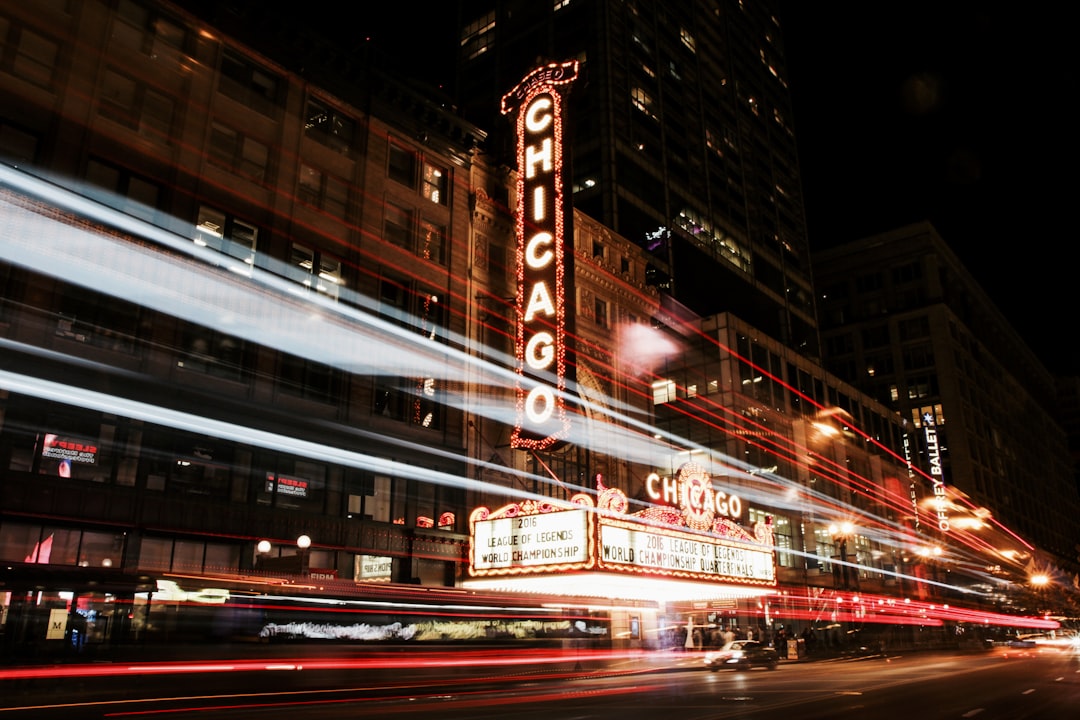
Chicago, a vibrant city known for its diverse communities, has seen an increase in telemarketing activities over the years. With a vast population of over 2.7 million people, many residents, especially vulnerable populations, are often subjected to relentless sales calls. The ‘Do Not Call’ laws and registries exist to protect individuals, but their effectiveness can be hindered by certain loopholes and exceptions. In Chicago, telemarketers target a wide range of demographics, from senior citizens to low-income households, often using high-pressure tactics to secure sales.
The city’s diverse landscape presents unique challenges. Language barriers and cultural differences can make it easier for telemarketers to exploit vulnerable individuals who may not fully understand their rights or the nature of the calls they receive. Additionally, Chicago’s bustling environment contributes to a fast-paced culture where quick decisions are made without considering the long-term implications, making residents susceptible to deceptive sales practices. Understanding these telemarketing trends is crucial in ensuring that Chicago’s vulnerable populations are protected and educated about their rights.
Impact on Vulnerable Communities: Potential Risks and Harms

In Chicago, as in many urban centers, vulnerable populations often face heightened risks from aggressive telemarketing practices. Low-income individuals, seniors, and people with limited access to information are particularly susceptible to deceptive sales tactics. Telemarketing can exacerbate existing inequalities by targeting these communities with high-pressure sales, potentially leading to financial strain and further marginalization. Furthermore, Do Not Call lawyer services may not always be accessible or understood by those most affected, leaving them little recourse when telemarketers ignore their wishes.
The consequences of unsolicited calls can be harmful. These include stress, anxiety, and the potential for individuals to make impulsive purchases they cannot afford. Vulnerable populations may also fall victim to fraud schemes disguised as legitimate sales calls. Moreover, excessive telemarketing can intrude upon personal time and privacy, disrupting daily routines and contributing to feelings of isolation. In a city like Chicago, where diversity and economic disparities coexist, it’s crucial to consider the impact of such practices on marginalized communities and implement measures to protect them from potential harm.
Strategies for Protection and Promoting Ethical Telemarketing
